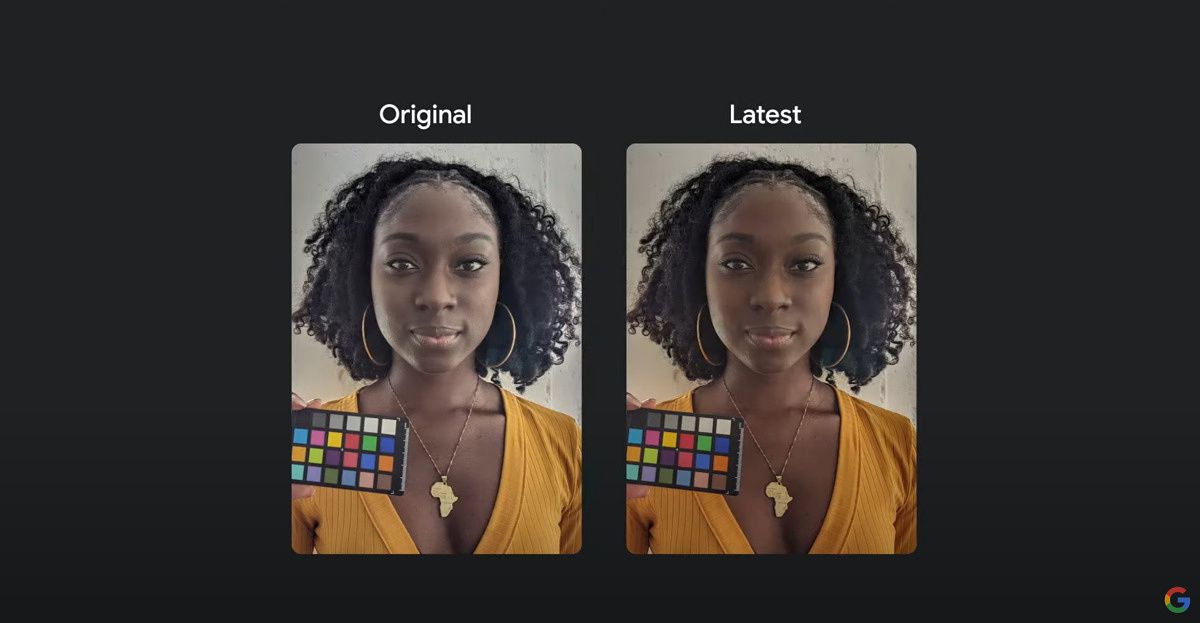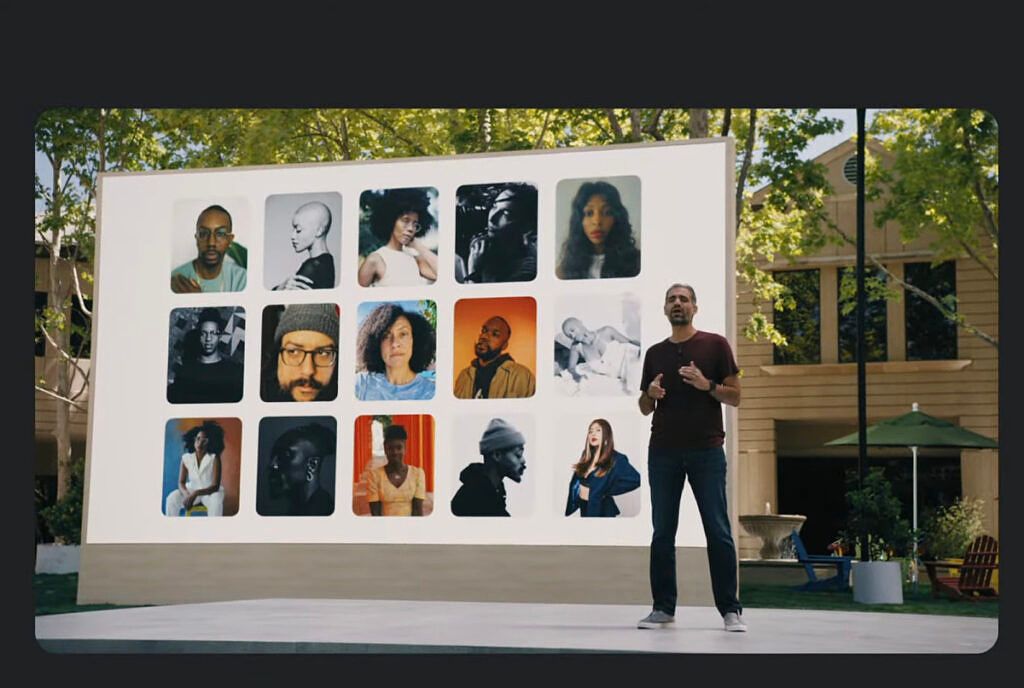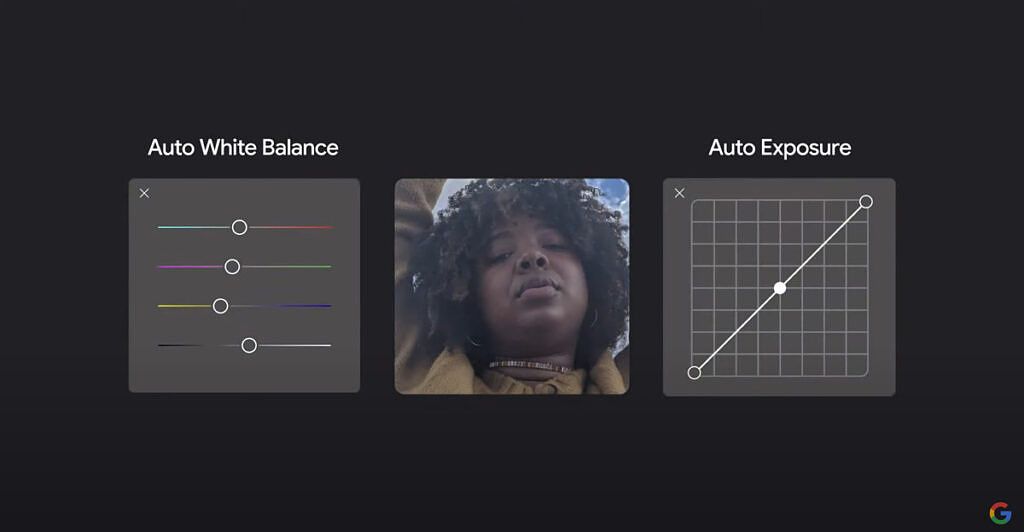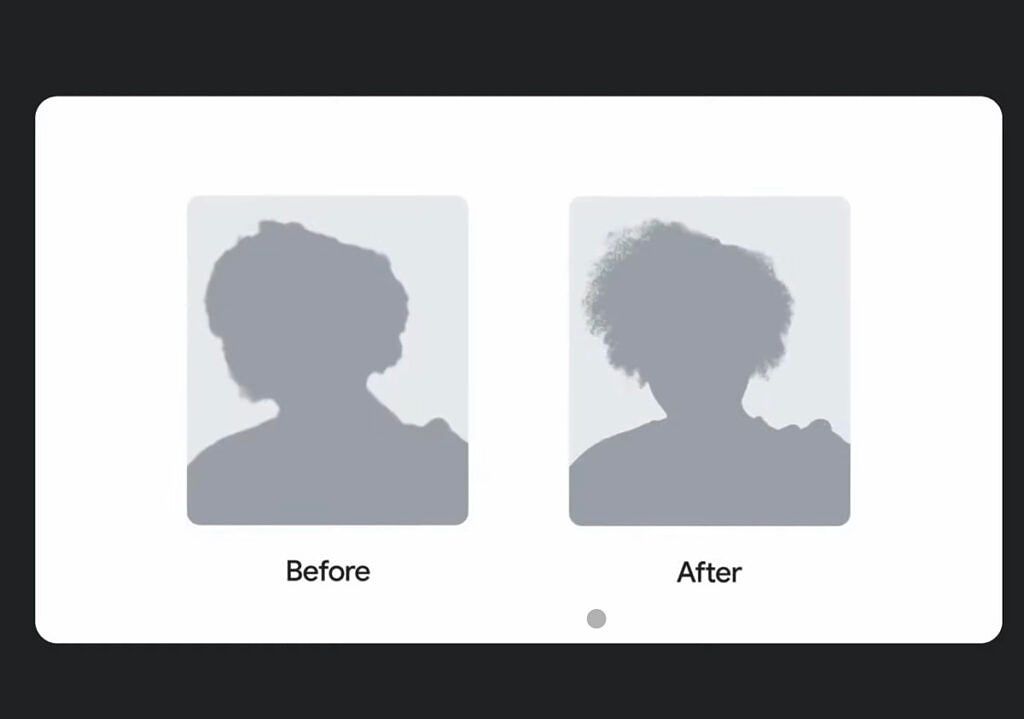Google's computational photography prowess has been well documented, as its Pixel line of phones consistently offers one of the very best camera experiences in mobile despite using relatively underwhelming camera hardware. Whether it's bringing light into pitch-black rooms or producing creamy bokeh without the need for a second lens, Google's proven time and time again software brilliance is the most important aspect of mobile photography. And with the Google Pixel 6, the company's taking on a noble cause: make the camera smarter at photographing diverse skin tones, particularly darker ones.
Speaking at Google I/O, Android and Google Play's VP Sameer Samat was blunt: "For people of color, photography has not always seen us the way we want to be seen, even in some of our own Google products."
To change that, he said, Google has been working with a diverse team of experts to build "a more accurate and inclusive camera."
Google said the team has taken thousands of images to diversity their data sets to help improve the accuracy of auto white balance and auto-exposure algorithms. Essentially, Google is training its computational photography AI to understand the many shades of skin tones and adjust accordingly.
Google's Samat said Google is making changes to its algorithms to understand when it is shooting darker skin tones and algorithmically reduce stray light to bring out brown [skin] tones and prevent over-brightening darker skin tones.
On top of that, the camera's algorithms will also be smarter at understanding different hair types, including, according to Samat, "curly or wavy hair." This means the Pixel 6's portrait mode should be better at identifying different hair types and produce a natural bokeh around traditionally African hairstyles.
Samat concedes there's still "much to do" in addressing this "long-standing problem," he said Google engineers are working hard to bring all these features to the Google Pixel 6. On top of that, he said Google is committed to sharing what they've learned with the "entire Android ecosystem," which sounds like other phone brands can use the algorithms if need. "Together, we can make cameras that work fairly," Samat added, "for everyone."




